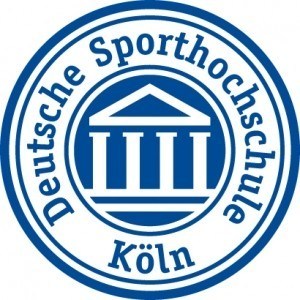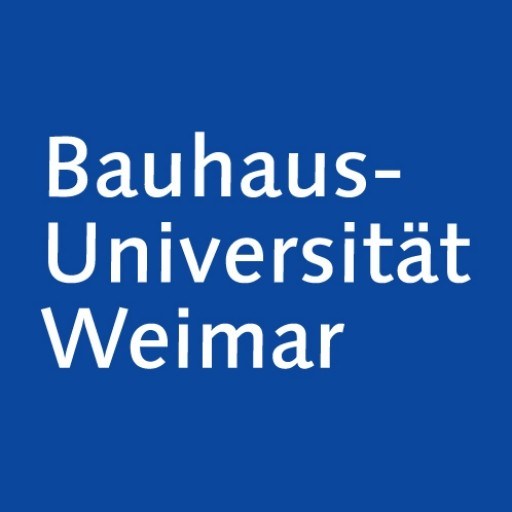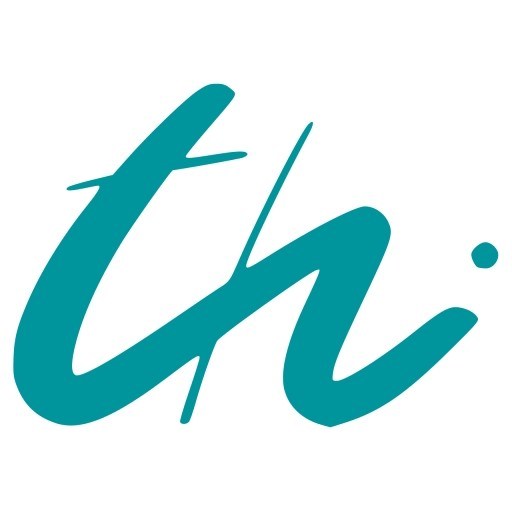Photos of university / #sporthochschule
The Bachelor’s degree programme in Sport, Media, and Communication Research at the German Sport University Cologne offers a comprehensive interdisciplinary education designed to prepare students for a diverse range of careers in the fields of sports, media, and communication. This innovative programme combines theoretical foundations with practical applications, providing students with the skills necessary to analyze and understand the complex interactions between sports, media outlets, and communication processes in contemporary society. The curriculum integrates core topics such as sports management, media studies, communication theory, sports psychology, and sociology, allowing students to develop a holistic understanding of the dynamic sports environment. Through a combination of lectures, seminars, workshops, and practical projects, students gain valuable insights into media production, sports marketing, event management, and digital communication strategies. The programme emphasizes research-oriented learning, encouraging students to critically evaluate current trends and contribute to the development of new knowledge in the field. Students benefit from state-of-the-art facilities, close collaborations with industry partners, and international exchange opportunities, all designed to enhance their academic and professional competencies. By the end of their studies, graduates are equipped with the analytical, communicative, and organizational skills required to pursue careers in sports media companies, sports organizations, communication agencies, and related sectors. They are also prepared for advanced studies or research activities in sport sciences, media studies, or communication sciences. The interdisciplinary approach ensures that graduates are not only knowledgeable about the latest developments in their fields but also capable of addressing emerging challenges in the interconnected worlds of sport, media, and communication, making them valuable assets in the global sports industry.
The Sport, Media, and Communication Research program at the German Sport University Cologne is a comprehensive interdisciplinary course designed to equip students with in-depth knowledge and analytical skills in the fields of sports, media, and communication. The program explores the intricate relationships between sports and media industries, examining how sports are covered, represented, and communicated across various channels. Students will gain an understanding of media production processes, communication strategies, and the socio-cultural impact of sports media. The curriculum combines theoretical foundations with practical applications, enabling students to analyze media content critically and participate in media production projects. Key areas of study include sports journalism, media management, digital communication, visual communication, and sports marketing. The program also emphasizes research methods specific to communication and media sciences, preparing students for empirical research projects and data analysis. Through seminars, workshops, and real-world internships, students develop essential skills in communication strategies, content creation, and media technology. The program encourages a reflective approach to media consumption and production, fostering professional competence and ethical awareness among future media practitioners, sport managers, and communication specialists. Graduates will be well-equipped to pursue careers in sports media organizations, broadcasting, digital platforms, sports marketing agencies, or further academic research. Overall, the Sport, Media, and Communication Research program offers a dynamic and engaging study environment where students can explore the power of media in shaping sports culture and society, ultimately preparing them for influential roles in the rapidly evolving media landscape.
Program requirements for the Master's degree in Sport, Media, and Communication Research at the German Sport University Cologne typically include a relevant undergraduate degree in sports sciences, media studies, communication, or a closely related field. Applicants are usually required to demonstrate proficiency in English, often through standardized tests such as TOEFL or IELTS, unless they have completed previous studies in English medium. A strong academic record is expected, reflecting a solid foundation in research methods, sports management, media, or communication theories. Submission of a motivational letter explaining the applicant's interest and career goals related to sport and media research is often necessary. Some programs may also require relevant professional experience or internships in related fields. Letters of recommendation from academic or professional referees are typically part of the application package, providing insights into the applicant’s suitability for the program. The university may also conduct interviews to assess the candidate’s motivation, research interests, and language skills. Additionally, applicants should be prepared to develop a research proposal outlining their intended area of study within sport, media, or communication research. The program emphasizes interdisciplinary approaches, so candidates with diverse academic backgrounds are encouraged to apply, provided they meet the prerequisites and demonstrate a keen interest in the fields of sport and media. Overall, these requirements aim to select motivated students capable of conducting independent research and contributing to advancements in sport, media, and communication studies.
The financing of the Sport, Media, and Communication Research master's program at the German Sport University Cologne is primarily through a combination of public funding, tuition fees, and additional financial support options. As a public university in Germany, the German Sport University Cologne benefits from government funding provided by the state of North Rhine-Westphalia, which covers a significant portion of operational costs. This public funding ensures that tuition fees are kept at a relatively moderate level compared to private institutions, enabling access for a broader range of students.
For international students, there are no mandatory tuition fees for enrolled master's programs, consistent with the general policy of German universities; however, students may be required to pay a semester fee that covers administrative costs, student services, and public transportation, which generally amounts to around 300 to 350 euros per semester. Scholarships and funding opportunities are available through various sources, including the DAAD (German Academic Exchange Service), which offers numerous scholarship programs to support international students. Additionally, the university offers its own scholarship schemes for exceptional students and those facing financial hardships, mostly targeted at domestic students but also open to international applicants under specific conditions.
Students are also encouraged to seek external funding through arts and sports-related grants, sponsorships, or part-time employment, which is legally permitted for international students under certain restrictions. The university provides guidance and support for students applying for financial aid and scholarships, ensuring that students can manage their studies without undue financial burden.
Moreover, the university emphasizes the importance of practical experience and industry connections, which can sometimes lead to funded internships or project collaborations that enhance students’ financial stability during their studies. The cost of living in Cologne is a consideration for students, but it is relatively affordable compared to other major German cities, making the overall financial planning manageable for most students.
In summary, the program's financing structure relies heavily on public support, minimal tuition fees, and a range of scholarships and external funding options, making it accessible for a diverse student body. The university’s approach aims to reduce financial barriers, promote inclusiveness, and ensure that talented students from various backgrounds have the opportunity to participate in this specialized program.
The Sport, Media, and Communication Research program at the German Sport University Cologne is a comprehensive graduate course designed to equip students with detailed knowledge and critical skills in the fields of sports communication, media analysis, and related intercultural dimensions. This interdisciplinary program emphasizes understanding the complex relationships between sports industries, media landscapes, and societal communication processes. Students will explore the theoretical foundations of communication theories within sports contexts, as well as practical methodologies for analyzing media content, audience engagement, and cultural discourses related to sports. The curriculum often includes modules on media management, sports journalism, digital communication, and the impact of social media on sports communities and industries.
The program aims to prepare graduates for careers in sports journalism, media production, communication consultancy, sports management, or academic research. It emphasizes active engagement with current media trends, including digital communication strategies and new media platforms relevant to contemporary sports industries. Students typically have opportunities for hands-on experience through internships, project work, and collaborations with media organizations or sports clubs. The faculty members involved possess extensive expertise in media studies, sports sciences, and communication research, offering a rich academic environment for critical analysis and applied learning.
Graduates are expected to develop strong research skills, including qualitative and quantitative data analysis, content analysis, and survey methods, enabling them to contribute effectively to academia, media organizations, or sports institutions. The program often encourages international exchange and joint research initiatives, reflecting the global nature of sports media and communication. Overall, the program at the German Sport University Cologne seeks to foster innovative thinking, cultural awareness, and analytical rigor to prepare students for the evolving landscapes of sports media and communication worldwide.








